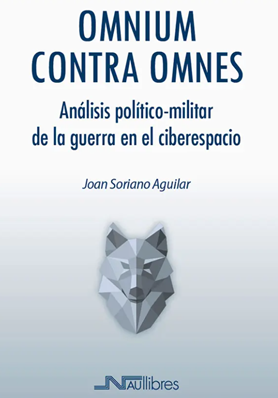
In the previous article we commented on the impact of the possibility of anonymity in cyberspace. In this post we are going to investigate this issue and expose the details that explain the existence of anonymity, as well as the consequences in the geopolitical context.
Anonymity
The five factors make it impossible to directly attribute a cyberwarfare action to a nation are the following:
1. The fact that the virtual environment is made up of information allows all types of users to create and modify artifacts, limited only by permissions. This means that there is no complete translation of the physical element to the virtual one and, therefore, there is no total control over it. Consequently, it is not possible to guarantee the immutability of the elements of the environment, i.e. what actions have been performed or by whom.
2. There is the factual impossibility of assigning a virtual profile of a nation. The problems related to attribution, based on the previous point, make it impossible to relate two campaigns separated in time only on the basis of their tactics, techniques and procedures. Even with an indicator such as the hash, there is no 100% guarantee that it is exactly the same actor, since the code could have been stolen or manipulated beforehand.
[Read more…]